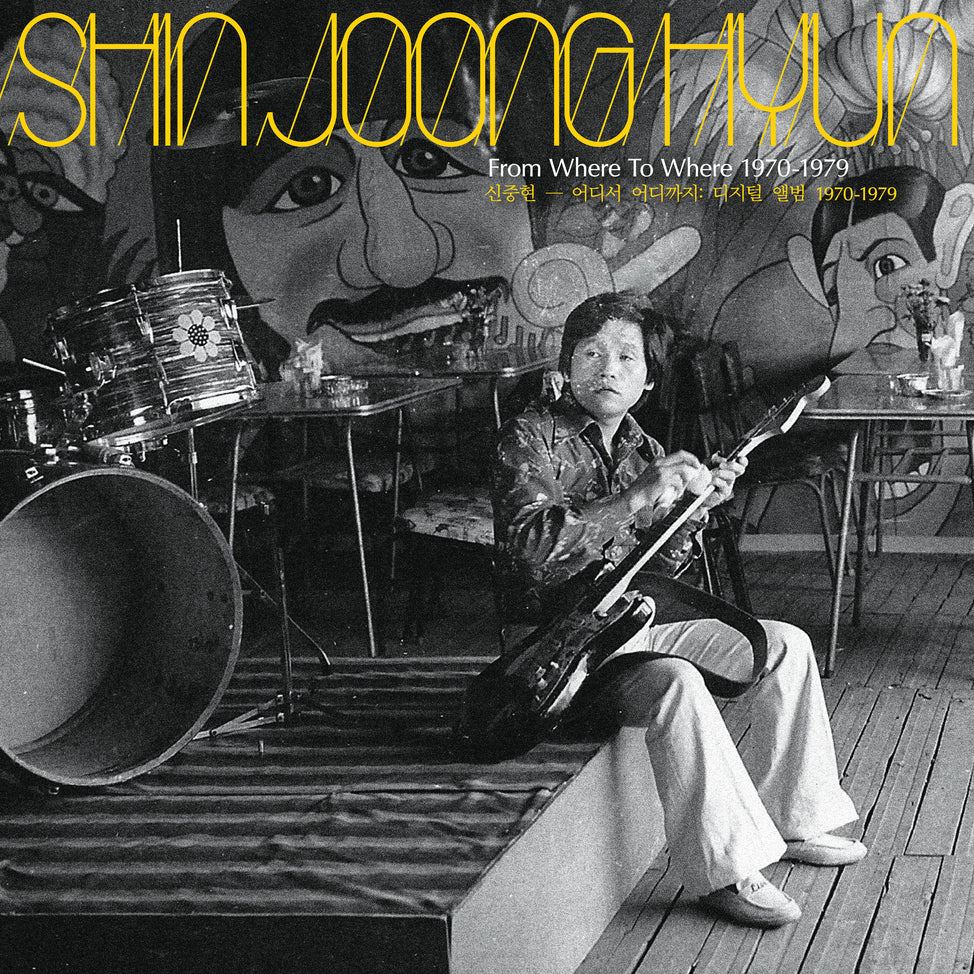Inspired by jazz, soul, and traditional Korean music, Shin started his career in the mid-1950s, performing for US troops stationed locally after the Korean War armistice of 1953. While his English language skills were limited, the young player had no trouble communicating through his trusty electric guitar, but Shin was no mere 6-string slinger for hire; he was able to communicate something far beyond your average professional musician. Production work and extensive songwriting followed, not to mention a steady stream of electrifying performances. Gaining momentum by the moment, Shin developed popular success across South Korea molding protégés like singing duo the Pearl Sisters and folk-psych songbird Kim Jung Mi into top pop stars. From there, it was hit after hit. The late 1960s rock explosion and an influx of imported music from The Beatles, Jimmy Smith, and Jefferson Airplane all informed and inspired Mr. Shin to elevate his own craft. Even experimental trips via a crew of local hippies also took the music man to new heights despite Korean law forbidding such rebellion. Drug use was illegal and punishable as a serious offense. Park Chung-hee, then President of South Korea, began to closely monitor Shin’s “subversive” activities. After refusing to write a song in praise of the political leader, the musician was labeled unpatriotic, and his career was instantly snuffed-out through a series of surveillance, torture, and institutional confinement.
While this was not the end of Shin’s musical story, for an all-too-brief moment in Korean cultural history, Shin Joong Hyun and his talented accomplices laid down a trove of recordings that have slowly reverberated far from their native land. For the first time outside of Korea, Shin’s catalog is readily available to music lovers the world over.










